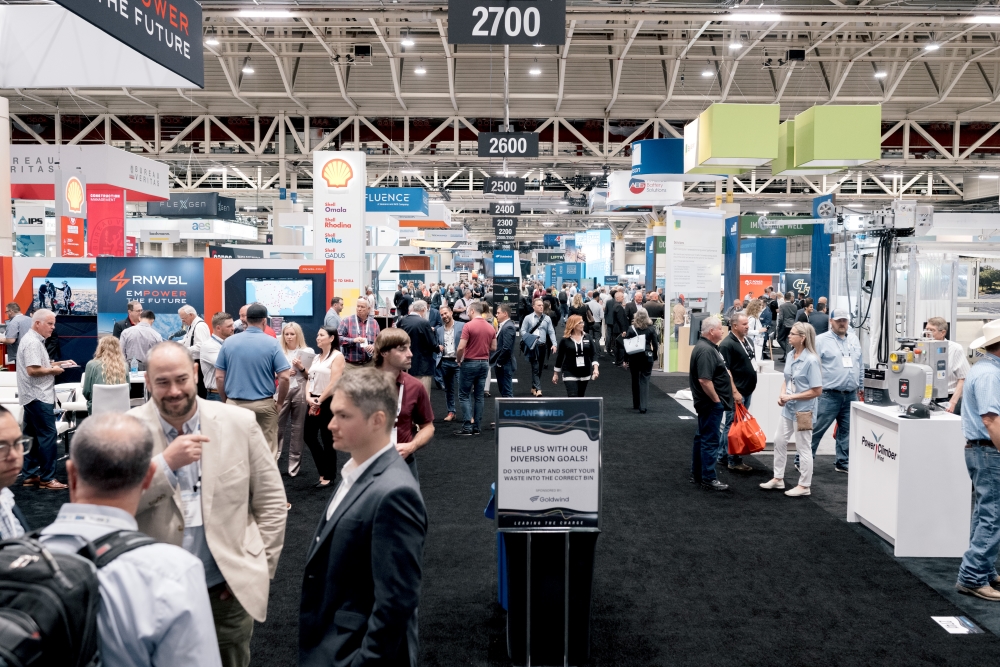Does the future really matter?
The Business section of Sunday's New York Times included a review of a book that sounds interesting: Diane Coyle's “The Economics of Enough: How to Run the Economy as if the Future Matters.” In reviewer Nancy F. Koehn's words, Ms. Coyle finds that “[t]HE world’s leading economies are facing crises related to their vulnerability to booms and busts, rising income inequality, unsustainable government obligations, climate change and a widespread erosion of public trust,” and policy makers are responding by (Ms. Coyle quoted now) “borrowing from the future on a massive scale.”
Reading about Ms. Coyle's book made me recall something I've thought about idly for some time: how wind energy is the ultimate “pay-as-you-go” technology and, as such, ought to have a fundamental appeal to political conservatives, who generally abhor deficits and debt.
In the environmental realm, this aspect of a wind turbine is obvious. With wind, there is no mining for fuel, no air pollution, no water pollution, and no hazardous waste. Wind avoids all of these downstream environmental costs–a coal-fired power plant does not. Coal borrows from the future on a fairly grand scale.
What is not quite so obvious is that economically speaking, fossil fuels like coal and oil borrow from the future as well. Take air pollution: according to a major 2004 study, “Fine particle pollution from U.S. power plants cuts short the lives of nearly 24,000 people each year, including 2800 from lung cancer.” This isn't just borrowing FROM the future–it's borrowing the future itself from thousands of Americans.
Add that to a 2009 National Academy of Sciences study which pegged the “hidden costs” (largely health) of fossil fuels to the U.S. at $120 billion annually, and those of coal at $60 billion annually, and it's evident that building new coal-fired power plants amounts to writing a very large IOU indeed.

